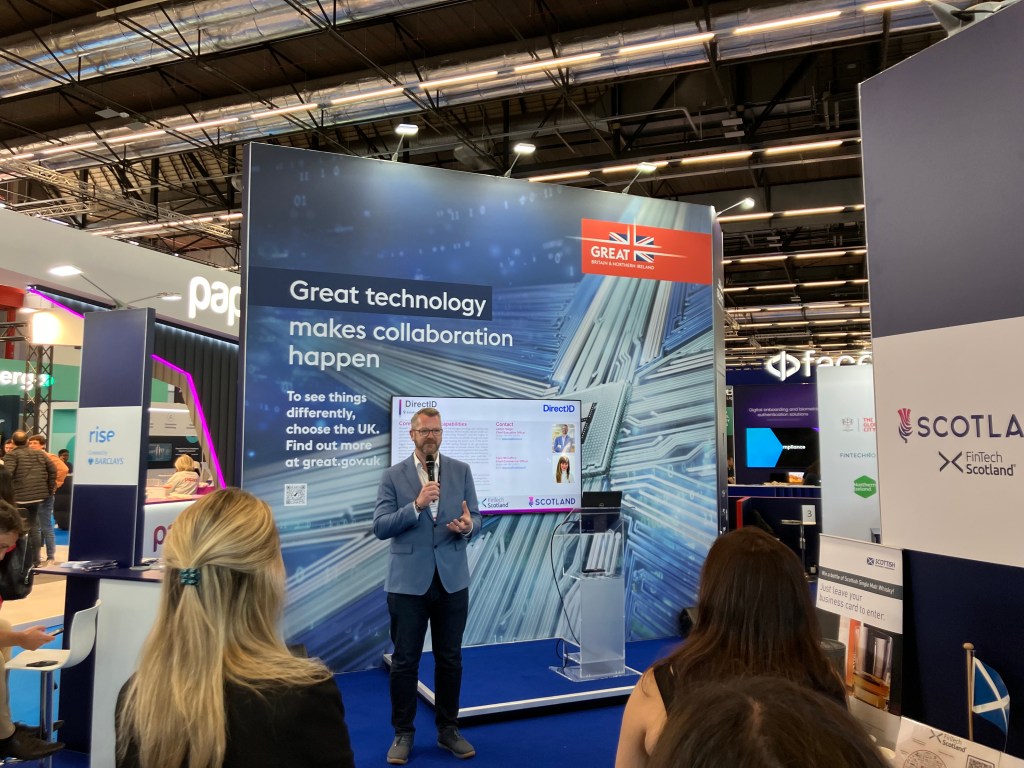It’s been a difficult few years for the UK. An uncertain political and economic environment in the wake of Brexit, coupled more recently with a cost-of-living crisis, has led to speculation that the UK market may no longer be the strong player in Europe or the best destination for startups.
But panel guests from the City of London were overwhelmingly positive in their appraisal of UK markets.
UK offers potential for startups
There was general positivity about the UK market and London specifically from the panel speaking on Creating Dynamism in Financial Services, featuring CEO of the LSE Julia Hoggett and the FCA’s Executive Director of Consumers and Competition, Sheldon Mills.
“You don’t need to be enormous to get everyone’s attention [in London]. To get into the FTSE250, you can be a unicorn. This matters because a listing is for life, not just for Christmas.”
Julia Hoggett, CEO, London Stock Exchange
When asked about Arm’s decision not to list in the UK and whether London remains competitive, Hoggett responded: “London is by far the largest financial centre in the world and in Europe. We raise more money every year than any other European venue. You don’t need to be enormous to get everyone’s attention [in London]. To get into the FTSE250, you can be a unicorn. This matters because a listing is for life, not just for Christmas. People focus on the initial IPO but the data shows what you get over the lifetime of your experience as a listed company is not the same as the headlines would suggest. Fundamentally London is an incredibly dynamic place but we never sit on our laurels.”

Fintech reforms and AI potential
The importance of representing and attracting businesses at all stages was highlighted by Sheldon Mills.
“The UK was in the competition for that listing and that demonstrates the UK is still a global capital hub and still in the game. Wherever Arm eventually listed, the discussion shows the UK is still a serious contender for listings on a dual basis,” he said. “While the outward discussion was focused on a lot of the regulatory rules, other reasons were given publicly. We’ve published a consultation on listing rules, which is intended to make it more simplified and efficient for people to list, and not just large companies like Arm. We need to use the markets in a way which thinks about the lifecycle of different firms at different parts in their journey, alongside private capital.”
“The ambition is to be a full service capital market that can serve not only the UK’s economy but the UK’s place as a global financial centre. That’s it.”
Julia Hoggett, CEO, London Stock Exchange
In the context of a slower IPO market and less funding, the panel was asked about the outlook for the UK. “The ambition is to be a full service capital market that can serve not only the UK’s economy but the UK’s place as a global financial centre. That’s it,” Hoggett said. “The UK creates more unicorns than any other country outside China, the US, and India. We have disproportionately more great universities than other countries. We have a world leading capital market. We’ve been here for 300 years and we hope to be here for another 300 years.”

“We’re making sure we have sandboxes and hubs so people understand what regulation is and also share data and information,” Mills said. “I don’t want to be on a UK selling mission, not least because I’m Welsh and Jamaican. But the City of London has 1.2 million financial professionals across finance and insurance. It’s a global capital hub, the second largest in the world, and we have a great stock exchange.”
Questioned about the the risk of integrating a tool like ChatGPT and the ensuing data concerns, Mills said companies can use AI tools but there should be senior people who have control and a sign-off process in place. “There are massive opportunities for the use of AI to help save lives in healthcare, which are already live.”












